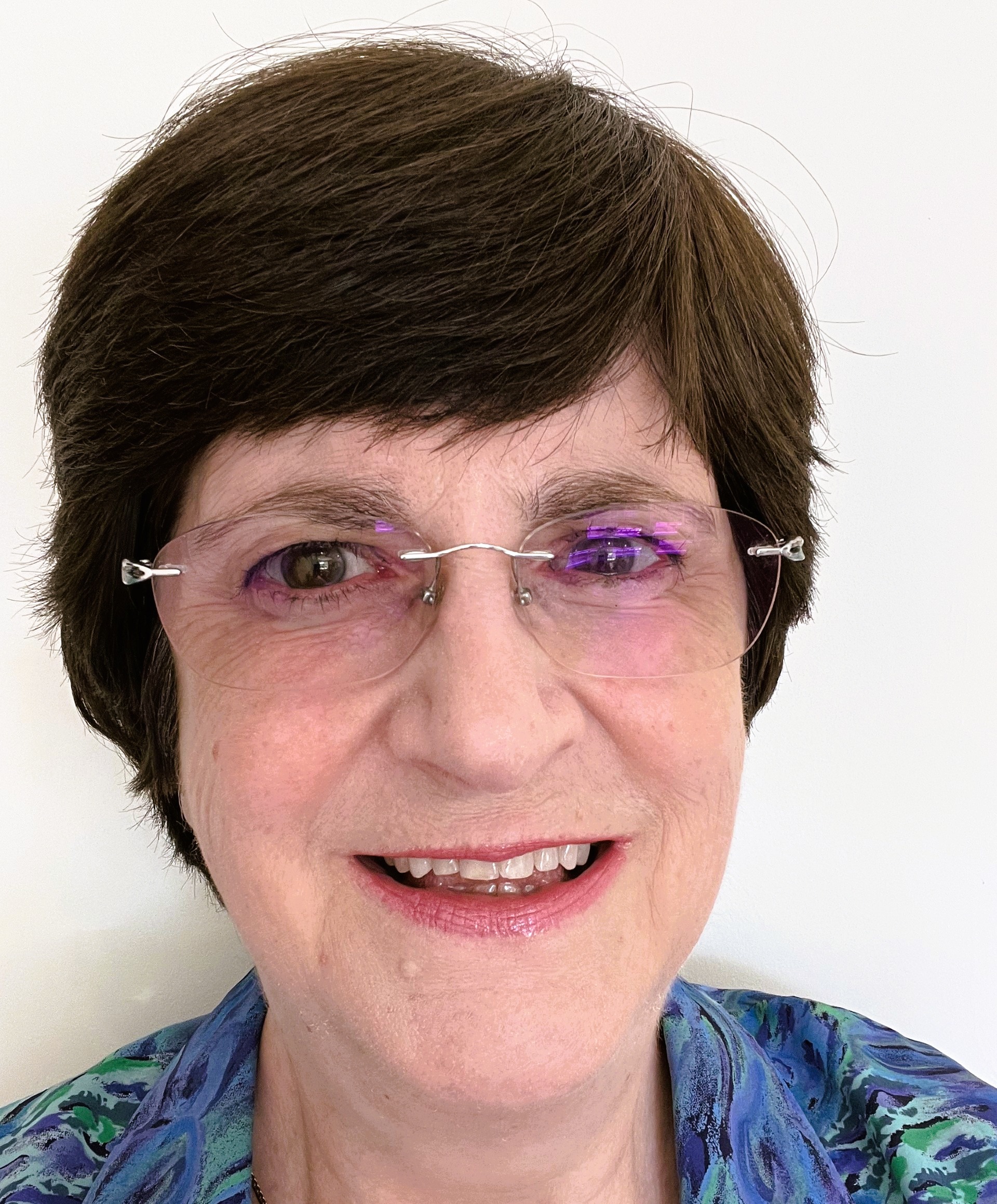
Honorary Professor, London School of Hygiene and Tropical Medicine, Stella studied medicine at Cambridge University and Guy’s Hospital and worked in hospital medicine before joining the pharmaceutical industry where she became fascinated by adverse drug reactions. She worked in pharmacovigilance and pharmacoepidemiology for 35+ years: in industry (11+ years), as a regulator (≈ 17 years) and at a CRO for 9 years. She has an MSc. in Epidemiology from the London School of Hygiene and Tropical Medicine and co-developed their course in Pharmacovigilance and Pharmacoepidemiology – the first such course in the UK. In 1997 she joined the European Medicines Agency (EMA). Stella developed EU strategy and policy on risk management, writing EU guidelines on this topic, attending ICH, and was part of the core team implementing the 2010 PhV legislation. Stella was part of CIOMS working groups IX, XI and XIII and is a member of the Glossary Advisory Board.
Stella is a Fellow and past President of the International Society of Pharmacoepidemiology (ISPE), a Fellow of the Royal College of Physicians of Edinburgh and of the Faculty of Pharmaceutical Medicine. She was a Visiting Scientist and then Senior Regulatory Advisor, NEWDIGS, Center for Biomedical Innovation at MIT and is currently an Honorary Professor at LSHTM.
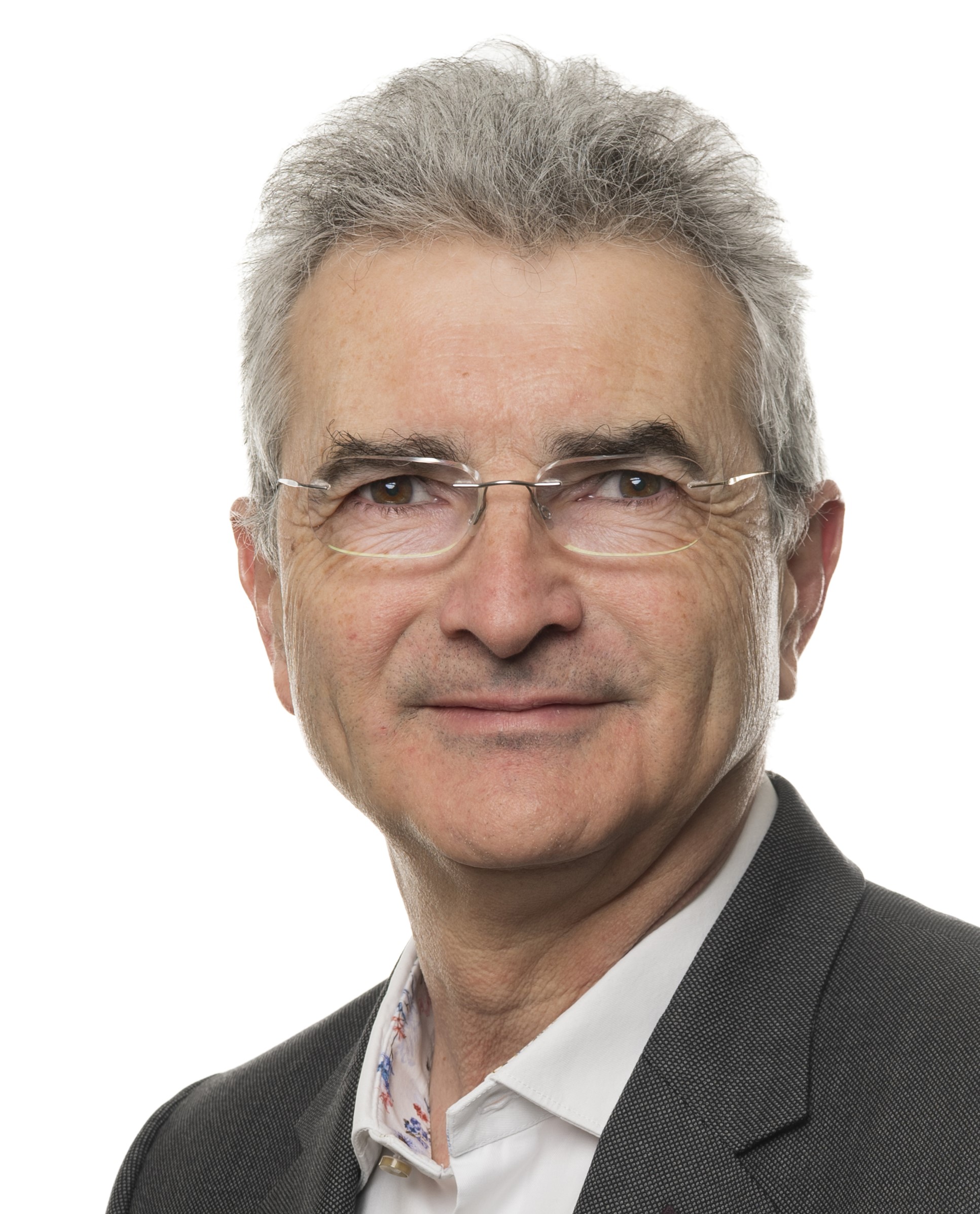
Co-founder and deputy director of the Institute of Health Law (Institut de droit de la santé, IDS) of the University of Neuchâtel and past vice-director of the Swiss School of Public Health. He collaborated in the drafting of many legislations in the field of health and healthcare at the cantonal, Swiss and European levels. He is also regularly invited by scientific and professional associations in developing their guidelines in those fields, such as the WMA 2008 and 2013 revisions of the Declaration of Helsinki or the 2016 Declaration of Taipei on Health Databases and Biobanks. Expert in the field of patient’s rights and public health law with special interest in the regulation of research involving human participants, patient’s rights, the regulation of healthcare professionals, pharmaceutical and food stuff regulation, he has written more than 140 scientific publications, articles and book chapters on those issues. He is one of the founders of the European Network of Research Ethics Committees. Since 2006, he is also the coordinator of the initiative Training and Resources in Research Ethics Evaluation (http://elearning.trree.org).
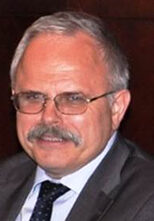
Lembit Rägo, MD, PhD, was a Professor of Clinical Pharmacology (Tartu University) and founder and first Director General of the Estonian Drug Regulatory Authority, State Agency of Medicines. He has two PhD degrees in medicine (one from Tartu University, Estonia, and another from Kuopio University, Finland). In December 1999, he joined the World Health Organization (WHO) Headquarters, Geneva, as Coordinator of Quality Assurance and Safety: Medicines (QSM) team which included activities related to International Nonproprietary Names (INNs), Quality Assurance, Pharmacovigilance, Regulatory Support, Fighting Falsified Medicines and Prequalification of Medicines.
During 2000/2001 Dr Rägo laid the foundations for the WHO Prequalification of Medicines Programme and has continued to contribute to its development ever since. From 2002, he was the main organizer of WHO biennial International Conference of Drug Regulatory Authorities (ICDRA) bringing together regulators from around 100 countries all over the World. From September 2013, Dr Rägo served as the Head of WHO’s Regulation of Medicines and Other Health Technologies unit.
He is well known to many senior regulators in all parts of the World, frequent speaker in different international fora and has numerous publications including on several aspects of regulatory affairs.
He was appointed Secretary-General of CIOMS in April 2016.
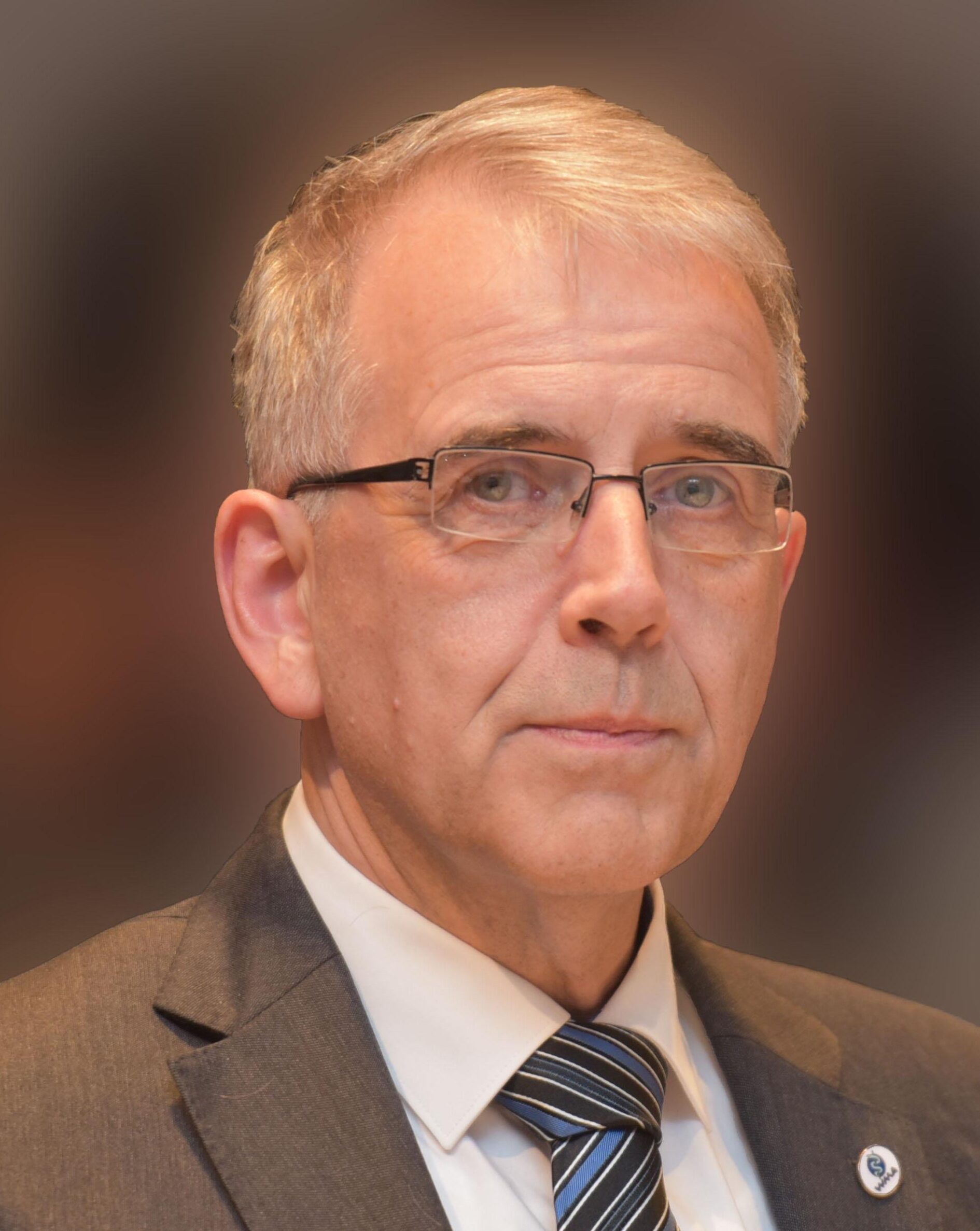
Otmar Kloiber completed his studies in medicine at the University of Cologne in 1984 after which he joined the Department of Biochemistry at University of Minnesota, Duluth as postdoctoral fellow. As a research fellow at the Max-Planck-Institute for Neurological Research in Cologne he studied brain energy metabolism and cerebral blood flow in ischemia and brain tumours. In 1991 he became foreign relations adviser at the German Medical Association (Federation of the German Chambers of Physicians) where he worked in various functions and finally left as Deputy Secretary General of the GMA in order to serve as Secretary General of the World Medical Association (WMA). Before joining the WMA Otmar Kloiber has intensely co-operated with the Standing Committee of European Doctors (CPME), the World Medical Association, the international conference of medical chambers (CIO), the European Forum of Medical Associations and WHO, and with other national medical associations. His focus has been on the development of deontology under the influence of health system organization and its relation to the provision of medical services. He provided advice to numerous governments and parliaments on medical ethics and socio-medical issues. His personal advocacy focus is on equitable access to quality health care for all people.
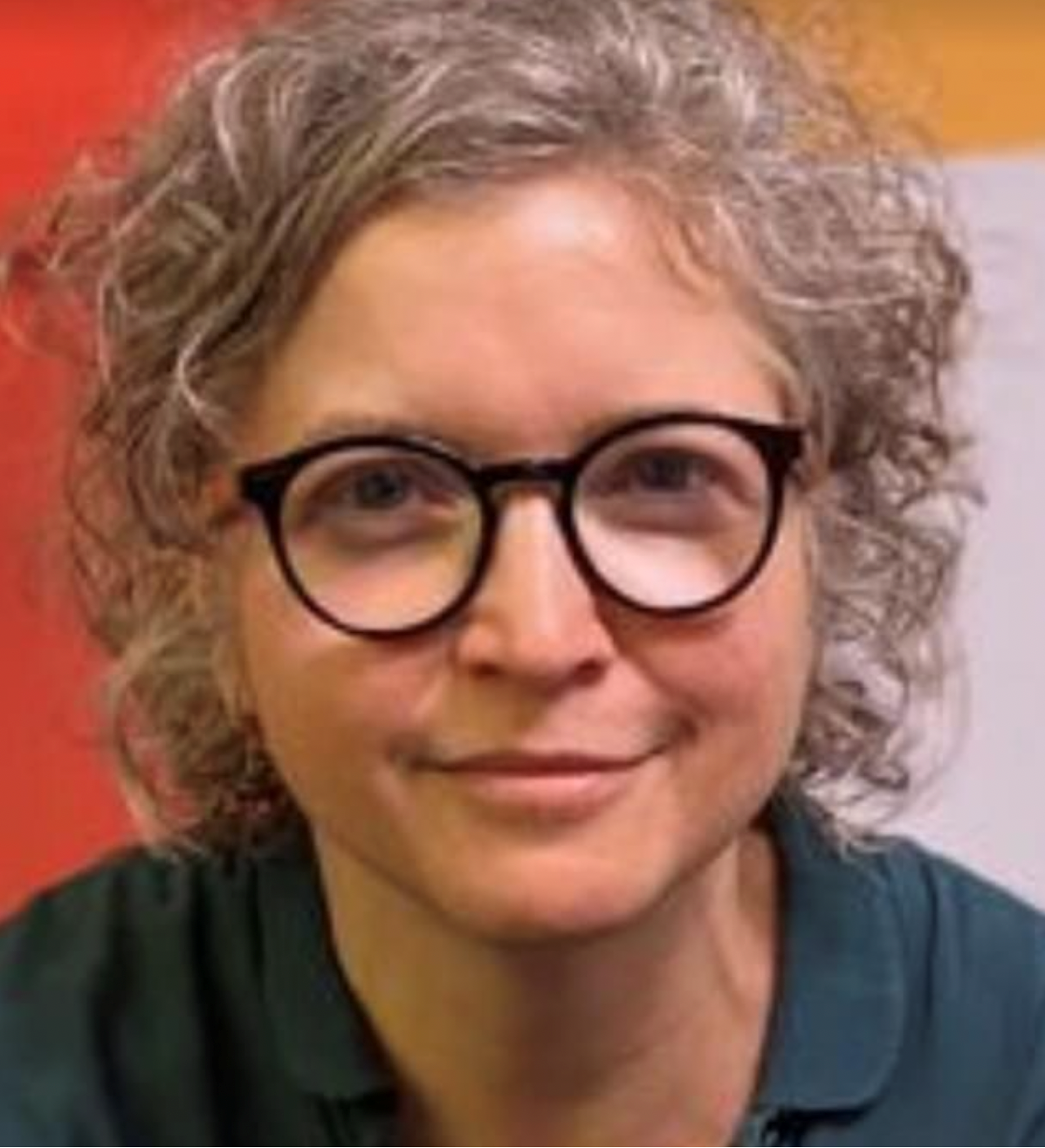
Samia Hurst-Majno is a physician bioethicist, ethics consultant, and professor of Bioethics at Geneva University’s medical school in Switzerland, where she chairs the Institute for Ethics, History, and the Humanities as well as the Department for Community Health and Medicine. She was a member of the Central ethics commission of the Swiss Academy of Medical Sciences from 2008 to 2016, and a member of the Swiss national advisory commission on biomedical ethics from 2014 to 2025. She is currently a member of the Senate at the Swiss Academy of Medical Sciences and of the Assembly at the ICRC. Her research focuses on fairness in clinical practice, medical professionalism, and the protection of vulnerable persons.
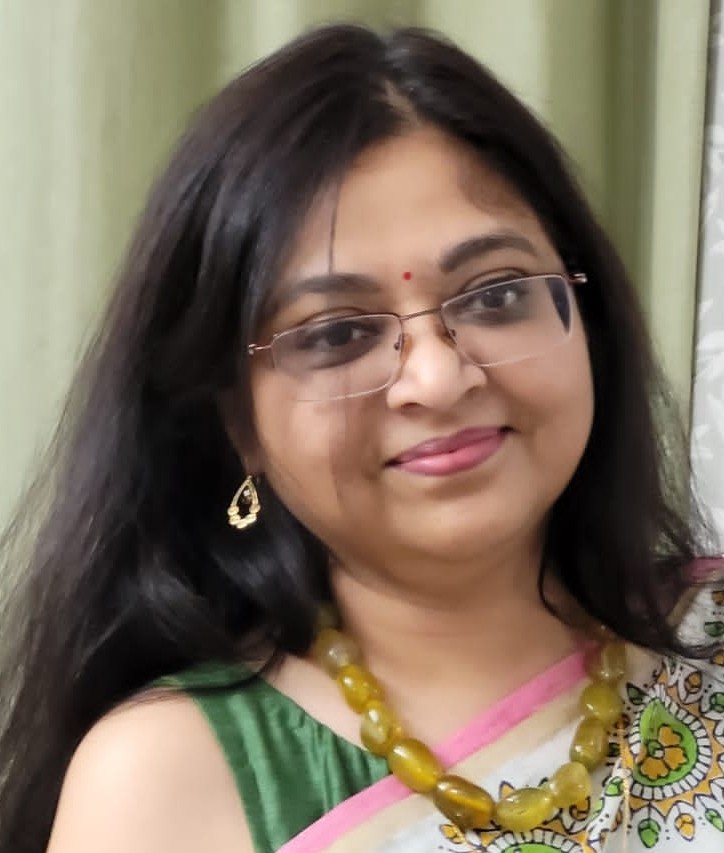
Dr Aparna Mukherjee is a paediatrician by training and has received her PhD from All India Institute of Medical Sciences, New Delhi. She has been involved in clinical research since 2007 and has received the DBT-Welcome Trust fellowship for clinician-scientist. Dr Mukherjee has a long research career focused on Paediatric Pulmonology, Paediatric Infectious Diseases, Tuberculosis, HIV, COVID-19 and clinical trials. Currently, she works as a Senior Scientist (Medical) at Indian Council of Medical Research (ICMR). She is the Head of Reproductive, Child Health and Nutrition Division and is also In-charge of Clinical Studies and Trials Unit, Division of Development Research, Indian Council of Medical Research, New Delhi.
She is the lead for a countrywide clinical trial network launched by ICMR – Indian Clinical Trial and Education Network (INTENT), which is which is geared towards providing a single platform for the clinical development of new and innovative drugs/vaccines/diagnostics and devices. She has been working closely with the central licensing authority of the country, CDSCO, in updating the Good Clinical Practices Guidelines and also in providing regulatory and technical assistance to innovators. She is part of the research advisory committee for multiple institutions and medical colleges. She has more than 100 publications in indexed journals. She has been involved in the consultations related to WHO Global Clinical Trials Forum and a member of the working group for Development of the WHO Global Framework Guidance to Harness the Responsible Use of the Life Sciences, 2022.
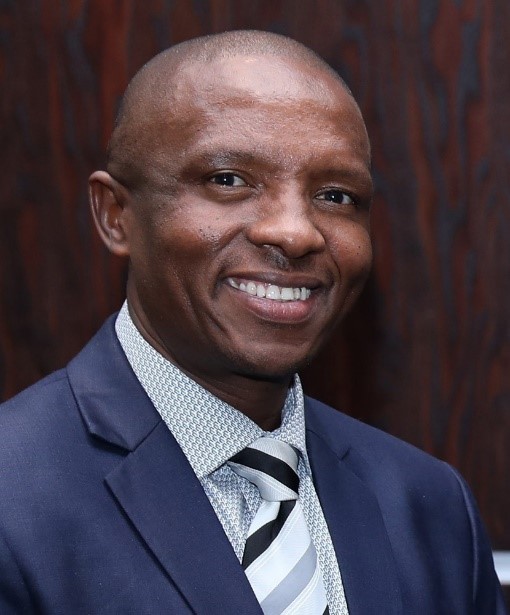
Dr. Mongezi Mdhluli is the Chief Research Operation Officer (CROO) at the South African Medical Research Council. Dr Mdhluli is a member of their Executive Management Committee (EMC) contributing to the achievement of the SAMRC strategic goals, values and key performance indicators. Dr. Mdhluli’s function is to provide visionary leadership, strategic management, and excellence in the development, implementation, management and oversight of the SAMRC strategic goals and objectives. He drives relationships with a diverse group of stakeholders including internal, national and international partners. Dr Mdhluli holds a PhD in physiology and Masters in Business Administration. He started working at the SAMRC in 1996.
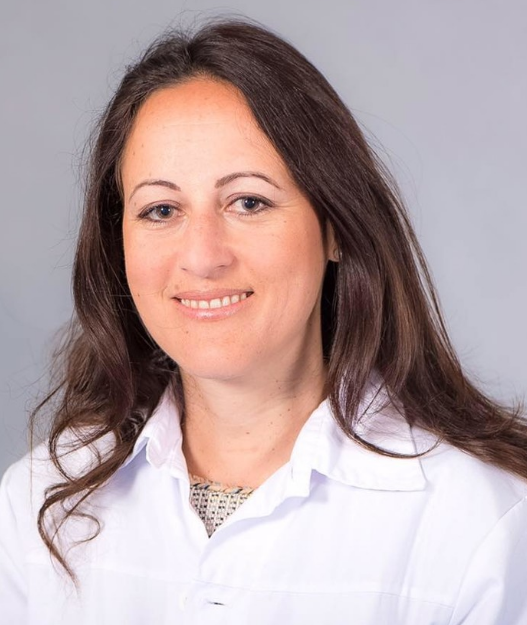
Caroline Samer is a Professor in Clinical pharmacology and toxicology at the University of Geneva, Head of the Pharmacogenomics and Personalized Therapy Unit at Geneva University Hospitals and Chair of the Swiss Group of Pharmacogenomics and Personalized Therapy. Her clinical and teaching activities aim to promote precision medicine approaches in clinical pharmacology and therapeutics. Her research interests focus on pharmacogenomics, gene-drug-drug interactions, and personalized medicine. She is an active participant in the Swiss Personalized Health Network initiative that lays the foundations needed to facilitate research projects in this area such as a national, interoperable and shareable, health data exchange system in Switzerland for research. She has more 15 years of experience in running clinical trials in academia and is the vice-president of Geneva research ethics Committee. She is the current Chair of the clinical division of IUPHAR as well as the IUPHAR liaison officer with WHO.
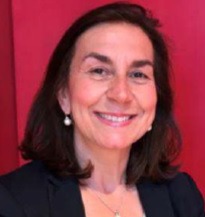
With over 35 years of experience as an Internal Medicine Consultant and Pharmaceutical Medicine expert, Varvara Baroutsou has led research and development practices focused on improving drug development, translational research, clinical trial operations and evidence generation for innovative treatments. She started her career as a hospital physician and clinical investigator and has held senior positions in clinical development and medical affairs in several large pharmaceutical and biotechnology companies in Europe. She currently works with not-for-profit scientific organisations, academia, patient advocacy groups and multinational organisations to implement complex change management initiatives to achieve excellence in clinical research, patient engagement and responsible ethical conduct, most recently as President of the International Federation of Associations of Pharmaceutical Physicians and Pharmaceutical Medicine (IFAPP).Varvara’s academic record includes experience as a reviewer and editor of scientific journals, publications, book chapters and advisory contributions to educational, technical and regulatory standards committees. She is a Doctor of Medicine from the University of Athens, Greece, a Licensed Certified Consultant, a Global Fellow in Medicines Development with a postgraduate degree in Health Economics from the Stockholm School of Economics and a European Market Access Diploma from the University of Lyon.
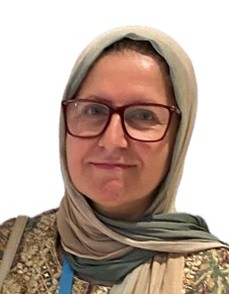
Dr. Manal Younus is the Director of the Iraqi Pharmacovigilance Center at the Ministry of Health (MOH), where she has played a pivotal role in establishing and expanding the national pharmacovigilance system. With over 15 years of experience in drug safety, Dr. Younus is a recognized leader in pharmacovigilance both regionally and internationally. She currently serves as an Executive Committee member of the Council for International Organizations of Medical Sciences (CIOMS) representing the International Society of Pharmacovigilance (ISoP). She contributed to the CIOMS Working Group XI report on patient involvement in the development, regulation, and safe use of medicines.
Additionally, Dr. Younus is an Advisory Board member of ISoP; she co-founded the ISoP Patient Engagement Special Interest Group (SIG) and leads the ISoP Students Group, fostering awareness and education in pharmacovigilance among future professionals. Her international contributions extend to her roles as a WHO benchmarking assessor and a member of the DSRU MEP International Working Group on Signal Detection and Management in Pharmacovigilance. She is also a member of the International Academy of Public Health’s (IAPH) Scientific Council and its AMR Specialty Committee, further solidifying her influence in global public health and drug safety.
Dr. Younus holds a PhD in Clinical Pharmacy and is a fellow of both the Patient Safety Movement Foundation (PSMF) and ISoP. She has over 40 publications in peer-reviewed journals and has supervised numerous postgraduate students, further advancing research and education in pharmacovigilance. Her research focuses on different aspects of drug safety and patient safety.
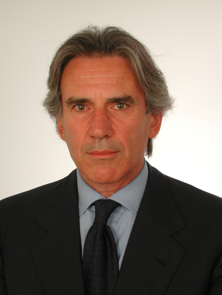
Professor of Clinical Pathology Sapienza University of Roma
President, World Association of Societies of Pathology and Laboratory Medicine (from October 2025) and Association representative to WHO
President, World Pathology Foundation
Director, Center for Research for Health and Social Affairs, Guglielmo Marconi University, Roma
Director, Second Level Master in “Clinical Research and Medical Affairs. Drugs and Medical Devices” Marconi University of Roma
President, Academy for Health and Clinical Research
Member of the Executive Committee of CIOMS
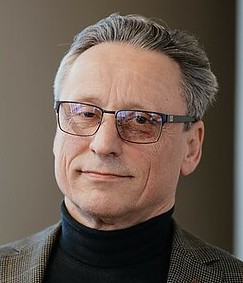
Dr Eugenijus Gefenas is a professor and director of the Centre for Health Ethics, Law and History at the Medical Faculty of Vilnius University. He was co-directing the NIH Fogarty International Center funded training program “Advanced Certificate in Research Ethics in Central and Eastern Europe” in 2005-2018. His recent academic activities include projects related to research integrity and ethics in crisis situations, research with new technologies, biobanking as well as ethical and legal implications of changing regulatory regimes of clinical drug trials. In addition to academic work, E. Gefenas was a member of the Council of Europe Committee on Bioethics (DH-BIO) in 2002-2018, chairing this Committee in 2011-2012. He was also a president of Intergovernmental Bioethics Committee (IGBC) of UNESCO in 2015-2017 and a member of the European Group on Ethics in Science and New technologies (EGE) in 2016-2021. He was also a member of the CIOMS working group International Ethical Guidelines for Health-related Research Involving Humans; 2016. He has been Chair of EUREC since 2021.
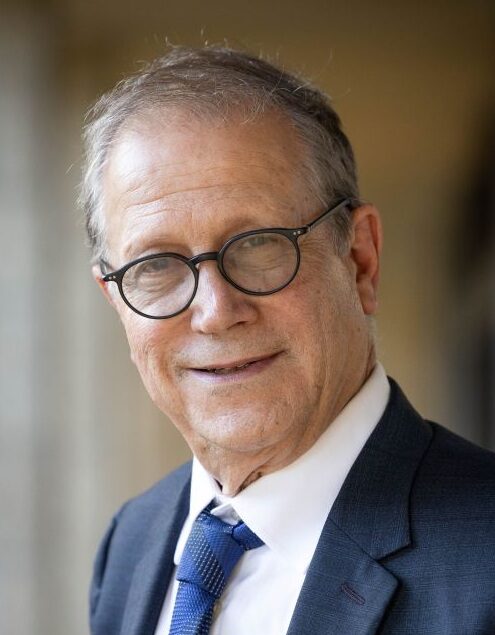
Prof Itzhak Fried is a neurosurgeon and neuroscientist, member of the Israeli Academy of Sciences and Humanities, and elected Fellow of the American Association for the Advancement of Science, and editorial Fellow of the Paris Institute for the Advancement of Science. He is professor of Neurosurgery at Tel-Aviv University (emeritus) and at UCLA. A major interest of Prof. Fried is in neurotechnology and brain research. He is an advisor to the Geneva Science and Diplomacy Anticipator (GESDA) in the area of neurotechnology with special emphasis on its impact on individuals and society in health and in disease. This emphasis includes both the bioethical implications and the horizon of product development of neuroprosthetic devices and brain machine interfaces.
Prof Fried is internationally recognized for his work in the surgical treatment of patients with epilepsy which now includes medical devices interacting directly with the human brain by recording and stimulation technologies. He is a pioneer in recordings from the human brain down to the level of single neurons, carried out in unique clinical circumstances treating patients with epilepsy, Parkinson’s Diseases and other disorders. His primary research involves recording and electrical stimulation in the human brain to probe the cellular substrates of multiple cognitive functions including perception, memory, decision making, and will. His research included memory enhancement by deep bran stimulation in awake and sleep states with the aim of developing memory and cognitive implants for neurological patients. He is an author of over 300 publications including many in top journals including New England Journal of Medicine, Nature, Science, PNAS, JAMA and the Lancet.
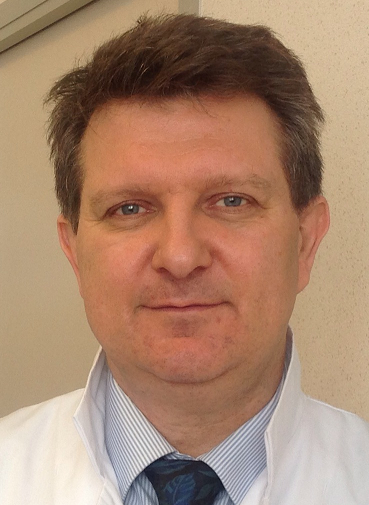
Hervé is a professor of clinical pharmacology and former head of the vigilance department of the Henri Mondor University Hospital, Assistance Publique-Hôpitaux de Paris (AP-HP), including the Pharmacovigilance unit, the Hemovigilance/ Biovigilance unit and the infection control team. He created and chaired the Pharmacovigilance Federation, and co-chaired the pharmaco–epidemiology unit of AP-HP. He has also served as a member of the European Medicines Agency’s Pharmacovigilance Risk Assessment Committee (PRAC). Hervé is CIOMS President since 2016, and is also a former president of the International Society of Pharmacovigilance (ISoP).
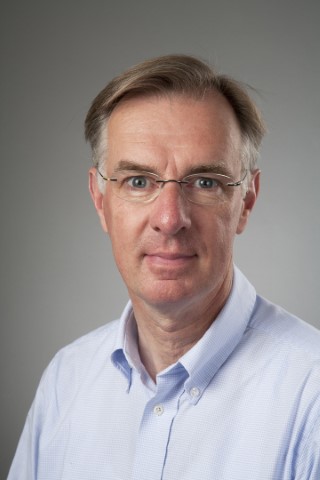
Johannes JM van Delden (1960) is full professor of medical ethics at the Julius Center for Health Sciences of the medical school of Utrecht University. Ever since working as a house officer at an intensive care ward he is highly interested in medical ethics. He wrote a thesis on the medical and ethical aspects of Do Not Resuscitate orders. Also, he was one of the principal researchers of the study of medical decisions concerning the end of life for the Remmelink committee. After his education as a nursing home physician he has worked in several nursing homes for 15 years (until May 2011). He was President of CIOMS until December 2016. He chaired the Working Group on the Revision of CIOMS 2002 International Ethical Guidelines for Biomedical Research Involving Human Subjects (published December 2016). He is a former Chair of the International Bioethics Committee (IBC) of UNESCO. His special fields of interest are: research ethics, moral problems at the end of life and moral problems in the care for the elderly.
